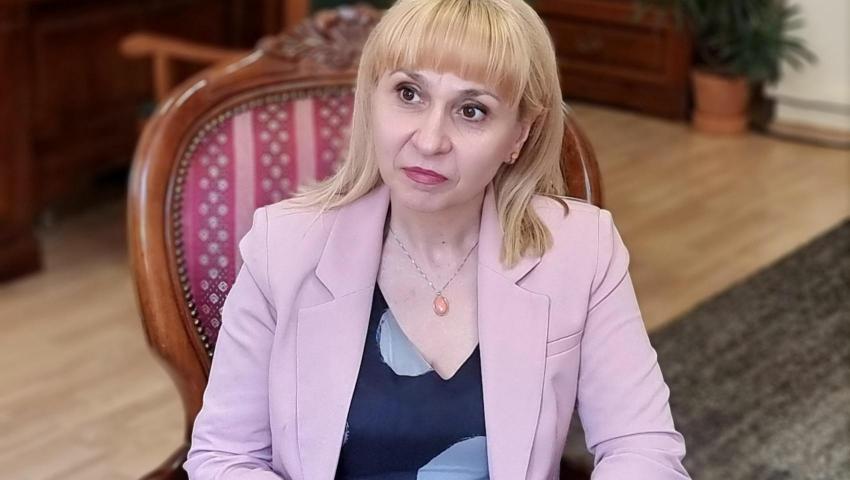The ombudsman asked EWRC to use reliable data on the social affordability of the water price

The ombudsman Diana Kovacheva sent an opinion to the chairman of the Commission for Energy and Water Regulation (EWRC) Assoc. Ivan Ivanov on the occasion of the public discussion of the Project to amend the Guidelines for the formation of prices for water supply and sewerage services using the "upper limit of prices" method for the regulatory period 2022-2026
Prof. Kovacheva is categorical that when determining the social tolerance for the relevant year, only the reliable data of the National Statistical Institute (NSI) for the relevant years should be used.
"During the public discussion of the Guidelines for the formation of the prices of water supply and sewerage services by the method of the "upper limit of prices" for the regulatory period 2022-2026 in April 2021, I emphasized that the problem with the high maximum error in the study "Monitoring of household budgets" should be allowed and I insisted that KEVR take the necessary measures," the ombudsman wrote.
Diana Kovacheva refers to a letter from NSI with ex. No. 07-04-1172#2/09.10.2023, addressed to KEVR and the Ombudsman, noting that NSI defines as reluctance on the part of the Regulator to comply with their notes and opinions regarding changes in the relevant regulatory documents for source of information on household incomes when determining the social affordability of the price of water and sanitation services.
"The proposed texts under item 52.2.2, item 52.3.2, item 52.4.2: In the event that data on disposable average monthly monetary income of a person from the household by research area are not provided "Monitoring of household budgets, the Commission uses data on the social affordability of water supply service prices from the approved business plan for 2024, 2025 and 2026, respectively, should be dropped," Prof. Kovacheva is emphatic.
She emphasizes that, in this way, the calculation of social affordability begins on the basis of the data on disposable average monthly cash income per household person by area from the NSI statistical survey for 2020. She adds that from the public information presented by the NSI for 2020, the data for 23 areas have a maximum stochastic error above 10%. These are the regions of Vidin, Vratsa, Lovech, Montana, Gabrovo, Razgrad, Ruse, Silistra, Varna, Dobrich, Targovishte, Shumen, Sliven, Stara Zagora, Yambol, Blagoevgrad, Kyustendil, Kardjali, Pazardjik, Smolyan, Haskovo, Plovdiv and Pernik.
It also indicates that the determination of the average monthly income of a household in the relevant region is a statistical activity which, according to the Statistics Act, is carried out by the NSI, therefore the Regulator should only use data provided by the National Statistical Institute.
The ombudsman adds that the text of item 52.2.2 is not in accordance with the update of the data on the total average household income from the survey "Monitoring household budgets" for each area from 2017 to 2022, carried out on October 9, 2023, with maximum stochastic error added.
It also draws attention to the fact that the NSI has published data for 2022, from which it is clear that in 18 areas the maximum stochastic error is over 10%, which, according to the NSI, makes them unreliable. These are the regions of Montana, Veliko Tarnovo, Ruse, Gabrovo, Pazardzhik, Stara Zagora, Lovech, Targovishte, Razgrad, Silistra, Vratsa, Yambol, Smolyan, Dobrich, Kardjali, Kyustendil, Pernik, Shumen.
